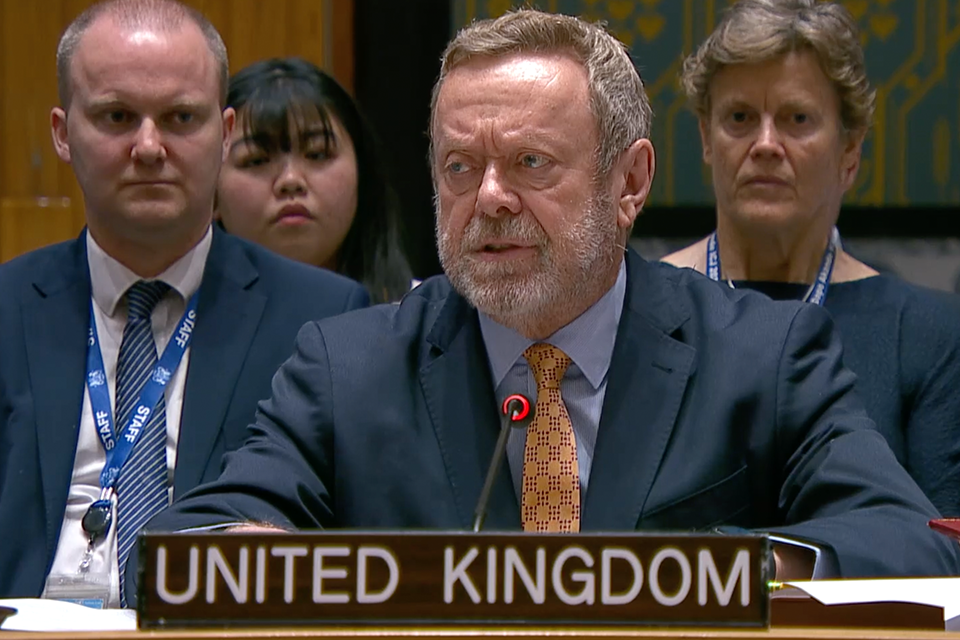New plans to address the presence of chemicals from flea and tick treatments in rivers and streams across the UK have been unveiled today (Tuesday 22 July).
The initiative by the Cross-Government Pharmaceuticals in the Environment (PiE) Group focuses primarily on two chemicals – fipronil and imidacloprid – commonly used in topical parasite treatments for pets. These medicines play an essential role in protecting both animal and human health against fleas and ticks, however there are growing concerns around the amount of fipronil and imidacloprid finding its way into UK rivers and lakes .
The new roadmap outlines key actions to reduce levels of flea and tick treatments in the environment while protecting animal welfare – which includes commissioning research to better understand this issue and using this evidence to support an international review of environmental risk assessment guidelines . The three key stages of the roadmap are
-
Communication and Education (Short Term)
The Veterinary Medicines Directorate (VMD) will collaborate with veterinary professionals and industry stakeholders to improve pet owner awareness about the appropriate use and disposal of flea and tick treatments. -
Evidence Gathering (Medium Term)
The group will build a comprehensive understanding of the environmental impacts of these chemicals, alongside evaluating potential consequences of changing use patterns on animal and human health. The VMD has commissioned scientific research investigating how these substances enter rivers and streams and is working closely with the Environment Agency to assess the environmental risks they pose. -
Regulatory Actions (Long Term)
Based on the evidence collected, the PiE Group will support a review of international environmental risk assessment guidelines and consider future regulatory approaches to mitigate environmental risks.
Defra Biosecurity Minister, Baroness Hayman said
This Government is absolutely committed to restoring nature and reducing harms posed by chemicals in the environment.
Our new Roadmap will develop a better understanding of the impact of flea and tick treatments on the environment, while recognising these treatments play a vital role in pet and human health.
Abigail Seager, Chief Executive Officer of the Veterinary Medicines Directorate (VMD), said
This roadmap represents an important step forward in ensuring that the benefits of effective parasite control are maintained while taking necessary actions to reduce environmental risks.
It reflects our commitment to an evidence-based approach, working closely with partners across government to protect both animal health and the environment.
Kelly Short, Environment Agency Chemicals Manager said
The launch of this roadmap is an important step in tackling the presence of harmful chemicals like fipronil and imidacloprid in our rivers and streams.
By improving public awareness, building the evidence base, and working together to assess environmental risks, we can take meaningful action to protect our water environment and the wildlife that depends on it.
The PiE Group brings together key government bodies, including the Veterinary Medicines Directorate (VMD), Environment Agency (EA), Health and Safety Executive (HSE), Department for Environment, Food and Rural Affairs (Defra), Medicines and Healthcare products Regulatory Agency (MHRA), and representatives from devolved administrations in Wales, Scotland, and Northern Ireland.
This collaborative initiative aims to develop a coordinated strategy to reduce the environmental impact of pharmaceuticals from human, veterinary, agricultural, and non-agricultural sources.
ENDS
Notes to Editors
-
The full roadmap is available at Cross-government Pharmaceuticals in the Environment Group Roadmap – GOV.UK
-
All flea and tick treatments authorised in the UK have undergone an environmental risk assessment (ERA). This is a requirement for all veterinary pharmaceuticals authorised by the VMD. Currently, for pharmaceuticals for companion animals, the ERA is limited to an exposure assessment, known as a Phase I assessment. This is based on VICH (International Cooperation on Harmonisation of Technical Requirements for Registration of Veterinary Medicinal Products) guidelines. Due to environmental concerns, the VMD are supporting a call for a review of the process for assessing environmental risk from parasiticides for companion animals at an international level and are gathering evidence to inform future policy decisions.








